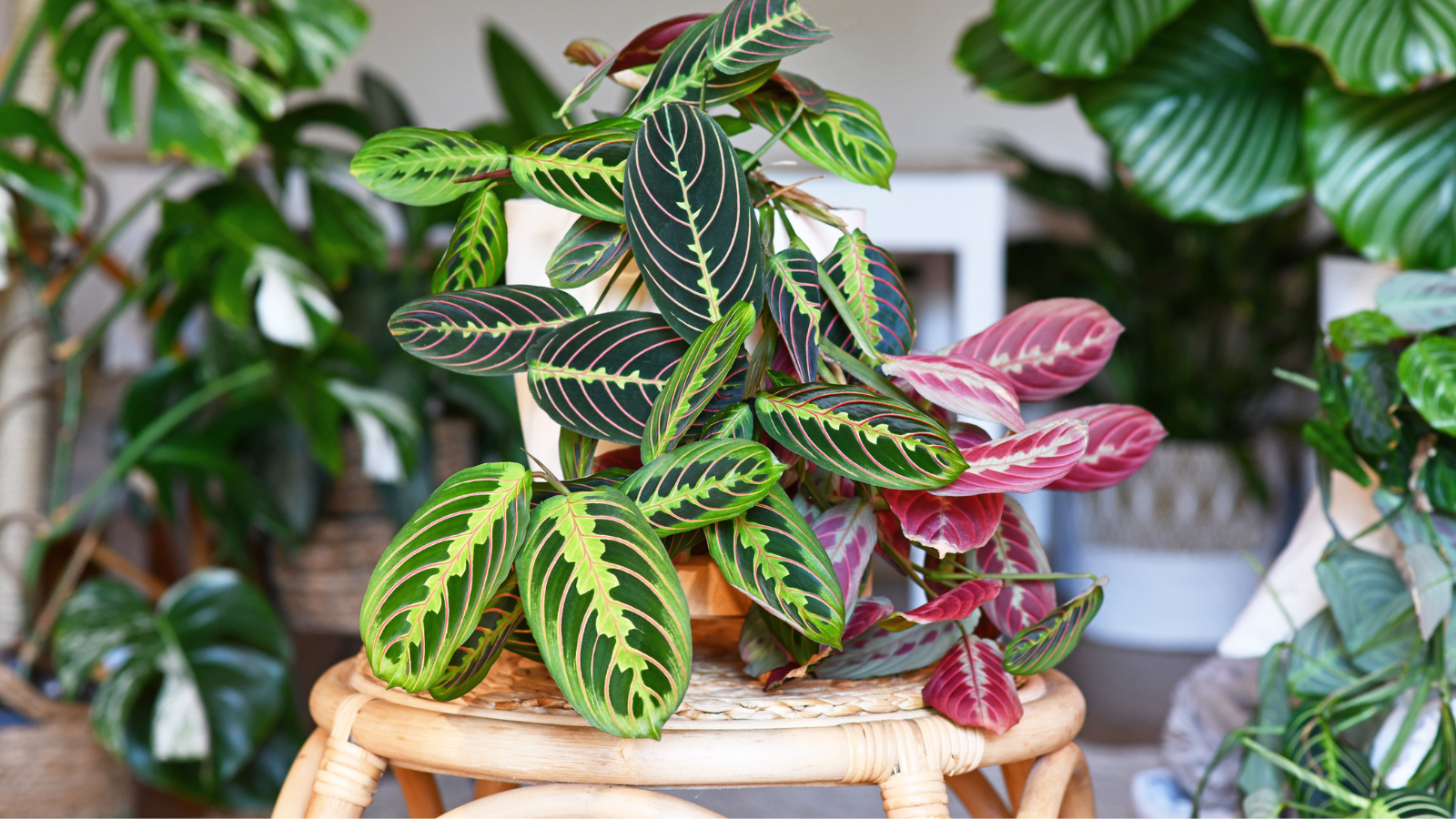
Houseplants: Bringing The Next Generation Into Garden Centres
I’m 27, living with my partner in a cottage. We don’t have a garden (yet!), but I’m already filling the house with plants. Partly to scratch that itch, partly to annoy the Mrs.
For me, there’s no doubt: once I have a garden, I’ll be all in. But I’m not sure if that’s a sentiment shared by other young people.
And that’s a big question that garden centres face today.
Why Houseplants Resonate With Young People
Recent surveys and articles show a clear trend: younger generations are discovering plants indoors before they ever touch the soil outside. Why?
Urban living, limited space: Flats and rentals mean no gardens — but houseplants fit on a desk, a shelf, or a windowsill.
Wellbeing: Plants reduce stress, improve focus, and give a sense of ritual.
Aesthetics: Instagrammable greenery is a lifestyle statement.
Affordability & portability: Easier to buy, easier to move with you.
Community & culture: TikTok tips, Instagram reels, and plant-swap groups fuel the trend.
Less Mess & Maintenance: House plants offer a much cleaner experience, less need for fingernails full of dirt.
For many young people, renting shapes not just where they live, but how they live with nature. With limited space and strict tenancy rules, houseplants offer a low-commitment way to bring life into a home. It’s no coincidence that vertical gardens, modular plant systems, and portable pots have become so popular - they suit the renter’s lifestyle perfectly.
As the UK rental market expands, this audience isn’t just growing - it’s evolving. Garden centres can meet them where they are, with products that travel well, thrive indoors, and make even the smallest flat feel like a sanctuary.
In short, houseplants are the gateway category. They bring younger audiences into garden centres, but what comes next?
From Gateway to Growth
Garden centres aren’t just about transactions. They’re about inspiration and connection. If houseplants are the front door, we need to make sure the rest of the experience keeps people coming back.
That could mean:
Creative displays: Spaces that feel as stylish as an Instagram feed.
Workshops & education: Helping customers move from “plant as accessory” to “plant as connection.”
Digital storytelling: Using social media as today’s greenhouse, a place where ideas spread fast.
Wellness framing: Positioning plants as part of a healthy, balanced lifestyle.
Some garden centres are already experimenting with “renter-friendly” zones: curated spaces that showcase easy-to-move furniture, compact tools, and low-maintenance plants that thrive indoors or on balconies. Others are embracing subscription-based plant services, offering monthly deliveries tailored to customers’ living conditions - a great way to stay connected beyond the store visit.
These ideas reflect a shift from one-off sales to ongoing relationships. The most successful garden centres of the future will be those that understand how to nurture that journey - from the first houseplant to a first garden.
The Long Game
Interestingly, this indoor-plant boom might be sowing deeper seeds. Many young renters who start with houseplants are finding themselves more interested in horticulture as a whole - even considering careers in the green industry.
So, while the rise in renting has changed what people buy, it’s also quietly growing a new generation of plant enthusiasts, creatives, and future gardeners. The challenge (and opportunity) lies in keeping that passion alive as lifestyles evolve.
My Take
Personally, I know my plant journey won’t end indoors. The moment I’ve got a garden, I’ll be hooked. But will other young people make the same leap? Or will houseplants remain their main point of connection with nature?
For those of you working in or with garden centres: how are you turning first-time houseplant buyers into long-term customers?
I’d love to hear your thoughts.
